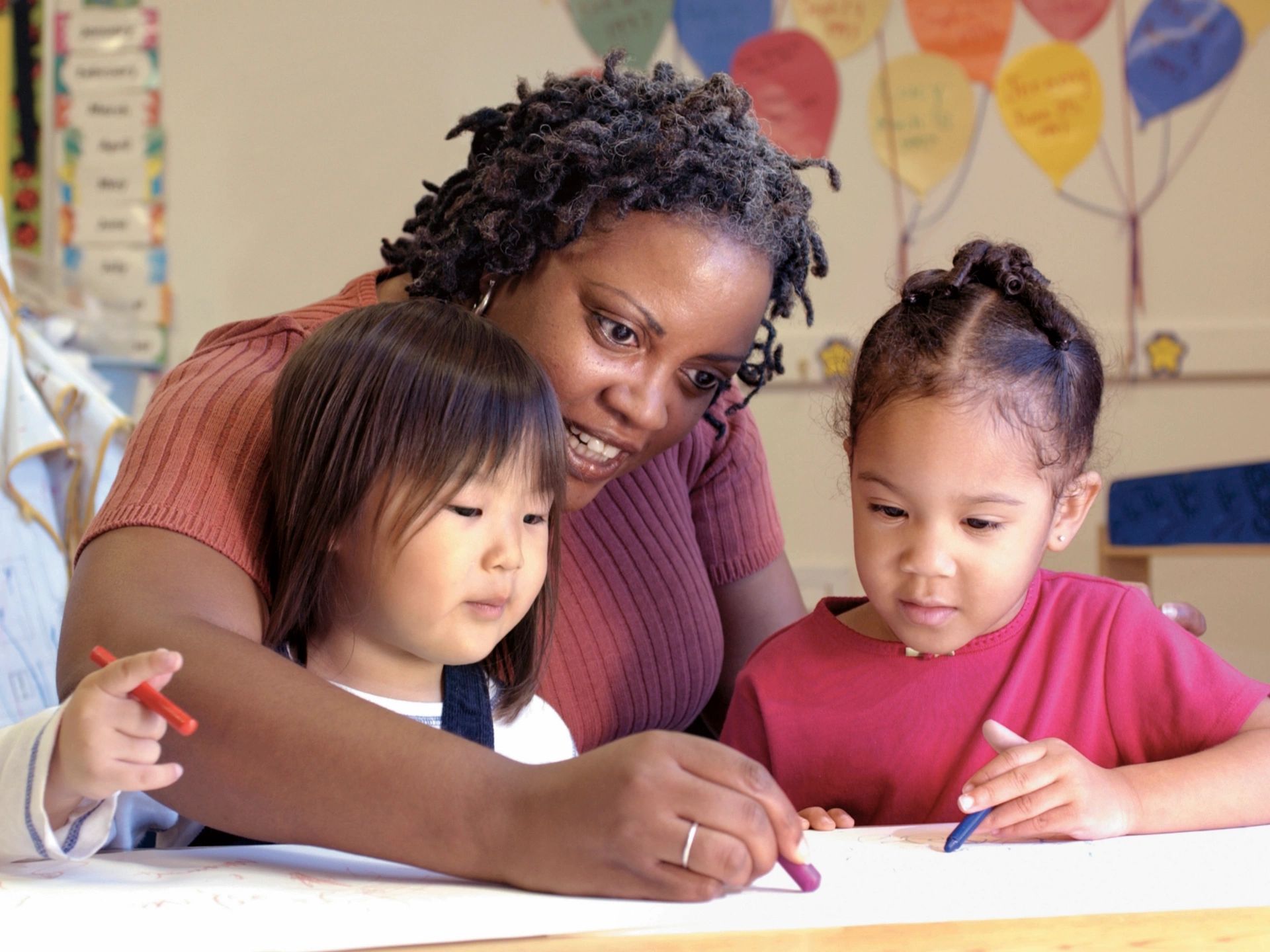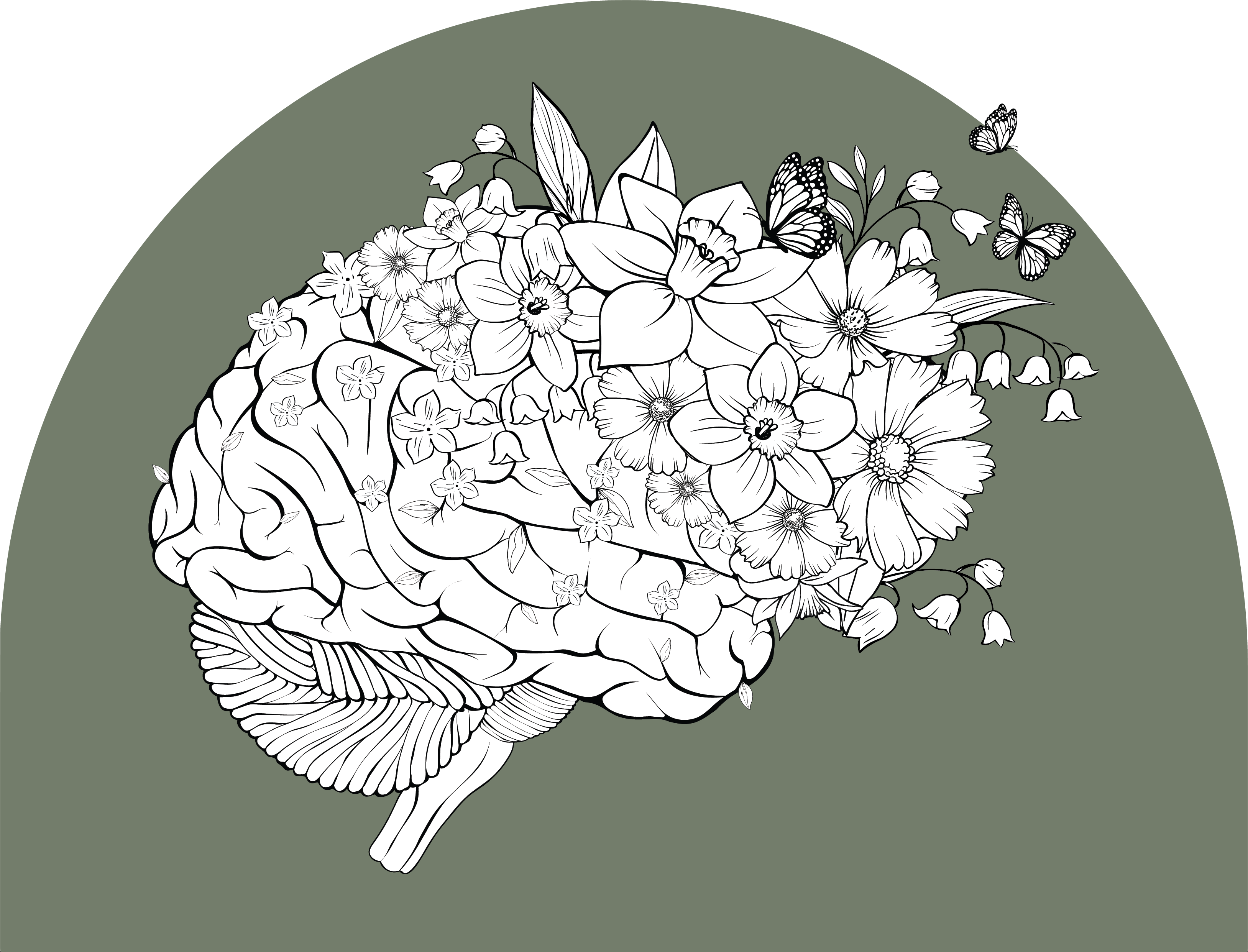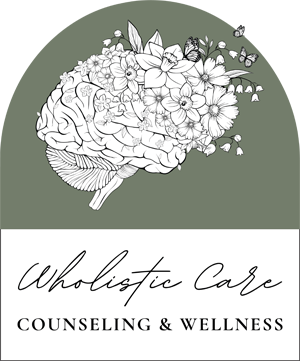Children, like adults, can face challenges that affect their confidence levels. Whether it's due to academic struggles, social pressures, or personal insecurities, low confidence can hinder a child's ability to navigate through life with resilience and self-assurance. Counseling emerges as a valuable tool in helping children overcome these obstacles and build a strong sense of confidence. In this article, we explore the various ways in which counseling can empower children to gain confidence and thrive.
Counseling for children involves a therapeutic process where trained professionals provide support and guidance to help children navigate emotional, behavioral, and developmental challenges. It aims to create a safe and nurturing environment where children can explore their feelings, thoughts, and experiences.

Understanding the Importance of Confidence in Children
Impact of Confidence on Development
Confidence plays a pivotal role in a child's overall development. It influences their ability to take risks, handle setbacks, and interact with others. Children with high levels of confidence are more likely to excel academically, build meaningful relationships, and pursue their goals with determination.
Challenges Faced by Children with Low Confidence
Children who lack confidence may experience a range of difficulties, including social withdrawal, academic underachievement, and feelings of inadequacy. They may struggle to assert themselves, express their opinions, or face new challenges with resilience. Left unaddressed, low confidence can significantly impact a child's emotional well-being and future prospects.
Ways Counseling Helps Children Gain Confidence
Establishing Trust and Rapport
Central to the counseling process is the establishment of trust and rapport between the child and the counselor. By creating a safe and non-judgmental space, counselors encourage children to share their thoughts, feelings, and concerns openly. This bond forms the foundation for effective intervention and positive outcomes.
Identifying and Addressing Root Causes
Counselors work collaboratively with children to identify the underlying factors contributing to their low confidence. Whether it stems from past experiences, negative self-perceptions, or external stressors, understanding the root causes is essential for targeted intervention and lasting change.
Building Self-Awareness and Self-Esteem
Through counseling, children learn to develop self-awareness and recognize their strengths, talents, and abilities. Counselors utilize various techniques, such as reflective questioning and guided self-exploration, to help children gain insight into their thoughts, emotions, and behaviors. By fostering a sense of self-worth and confidence, children are better equipped to face challenges and embrace new opportunities.
Teaching Coping Mechanisms
Counseling equips children with practical coping mechanisms to manage stress, anxiety, and adversity effectively. From relaxation techniques to problem-solving strategies, counselors empower children with valuable skills to navigate through life's ups and downs with resilience and confidence.

Techniques Used in Counseling for Building Confidence
Cognitive-Behavioral Therapy (CBT)
CBT is a widely used therapeutic approach that focuses on identifying and challenging negative thought patterns and behaviors. By replacing unhelpful beliefs with more positive and adaptive ones, CBT helps children develop a more confident and optimistic outlook on life.
Play Therapy
Play therapy utilizes play as a medium for expression and communication. Through various activities and games, children can explore their emotions, build social skills, and work through challenging experiences in a safe and supportive environment.
Expressive Arts Therapy
Expressive arts therapy encourages children to express themselves creatively through art, music, drama, and dance. By engaging in these expressive activities, children can process their feelings, boost self-esteem, and discover new ways of coping with stress and adversity.
Mindfulness and Relaxation Techniques
Mindfulness and relaxation techniques teach children how to stay present in the moment and cultivate inner calmness and clarity. Through practices such as deep breathing, guided imagery, and meditation, children can reduce anxiety, improve concentration, and enhance their overall well-being.
Role of Parents and Guardians in Supporting Counseling Process
Parents and guardians play a crucial role in supporting their children's counseling journey. By creating a supportive and nurturing home environment, parents can reinforce the skills and strategies learned in counseling and encourage open communication about emotions and challenges.

Conclusion
In conclusion, counseling offers invaluable support and guidance to children struggling with low confidence. By addressing underlying issues, teaching coping mechanisms, and fostering self-awareness, counseling empowers children to overcome obstacles and thrive in all aspects of their lives. Through a collaborative effort involving counselors, parents, and guardians, children can gain the confidence they need to navigate through life with resilience and optimism.





